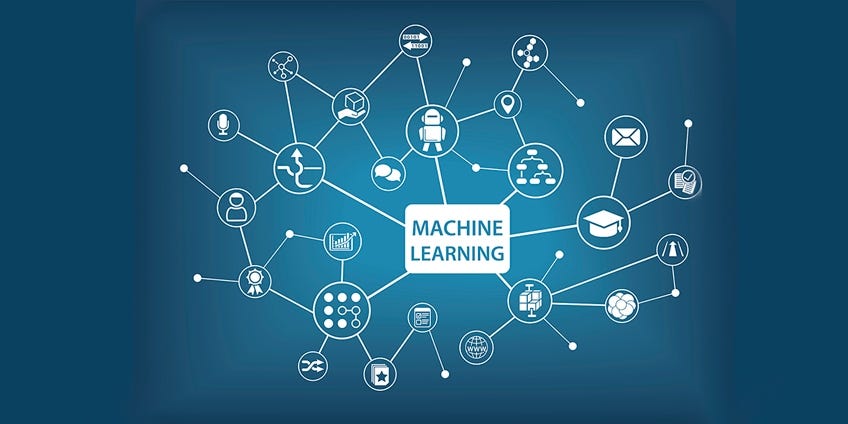A new Search Console integration, data-driven attribution and new machine learning models that aim to close measurement gaps are coming to Google Analytics 4 (GA4), Google announced.
The company did not say when website owners should switch from Universal Analytics to GA4, but these new features and ad language suggest that search marketers should prepare for the change.
Search Console integration.
A new Search Console integration enables marketers to view data, such as their site’s rank and queries that led to clicks, from within Google Analytics 4.
Data-driven attribution makes its way to GA4.
Shortly after implementation in attribution reports, data-driven attribution will be available at the property level. From that point on, site administrators will be able to see associated sales and conversions in the Conversions report and explorations.
Machine learning to fill measurement gaps.
Google is bringing two new modeling features to GA4, conversion modeling and behavior modeling, that can help marketers fill the gaps in their understanding of customer behavior when cookies or other identifiers are not available.
The conversion model is now used in attribution reports, conversion reports, and explorations to determine where conversions are coming from and match them to the appropriate Google and third-party channels.
Support for behavior models in reports will also be available soon. Behavioral modeling uses rigorously tested and validated machine learning to close the gaps in behavioral data, such as daily active users or average revenue per user, in accordance with Google announcement.
Why is important to us.
Data-driven attribution can give you a more detailed description of the role different channels play in supporting conversions. This can enable better decisions about where to invest, which in turn can lead to more conversions.
Search Console integration makes it easy for marketers to access information at a glance in GA4 without opening their Search Console.
The inclusion of modeled conversions enables Google to provide more detailed reports, optimize advertising campaigns and improve automated bidding, said Google on its help page for conversion modeling. What users gained in last campaign or what steps in the funnel users tend to fall into.




